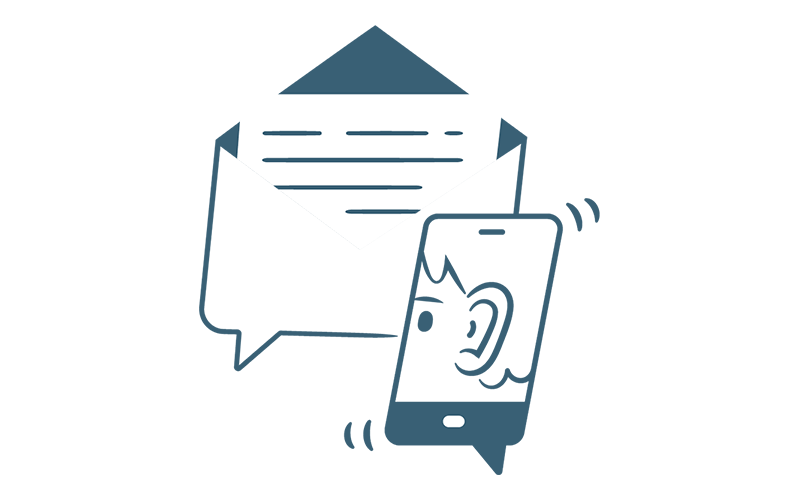This blog post, written by Research Data Scotland CEO Professor Roger Halliday, was originally published in The Scotsman.
Some of the biggest challenges facing our society are adapting to a changing climate, tackling child poverty, and improving the health and wellbeing disenfranchised people and marginalised communities. It’s clear from September's Data for Diversity conference that tackling these economic, environmental and economic challenges requires collaboration between people, ideas and evidence. And while data has a huge role to play in unlocking our potential to having a more equal and just society, we need to ensure the data collected and connected in the first place, which is used to inform policies, captures all manners of people and behaviour so no one is left behind.
All these themes were picked up at pace in the data for more diverse and inclusive health outcomes session. I along with my fellow panelists spoke about the perils, pitfalls and potential of working with data.
At Research Data Scotland (RDS) our mission is to promote and advance health and social wellbeing in Scotland by enabling access to public sector data about people, places and businesses.
Scotland already has excellent public sector data, which is stored in lots of individual systems, across many different organisations. We want to make that data accessible and allow users – whether they be academic researchers or data analysts from charity, government or business to use public sector data to make linkages and connect the dots to improve policymaking.
At the moment, much of this data from sources such as the census, school qualifications, hospital admissions, isn’t in a format that makes access or integration of data easy. If a researcher wants to connect data from different organisations, they have to make requests to each of those organisations. This means accessing data can take too long and the potential from that research remain unfulfilled or significantly delayed.




